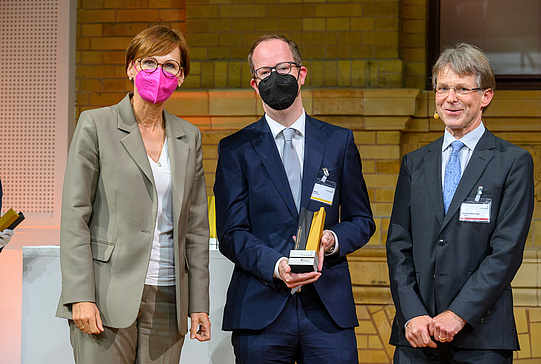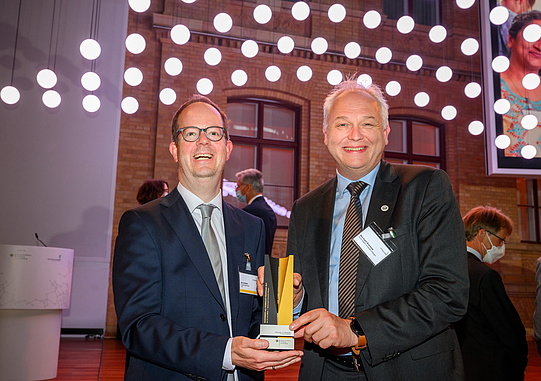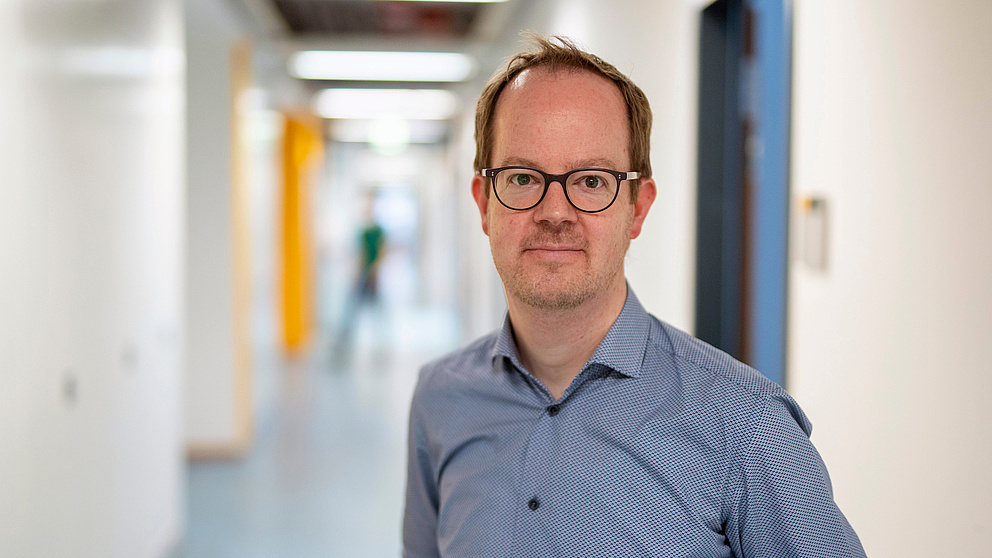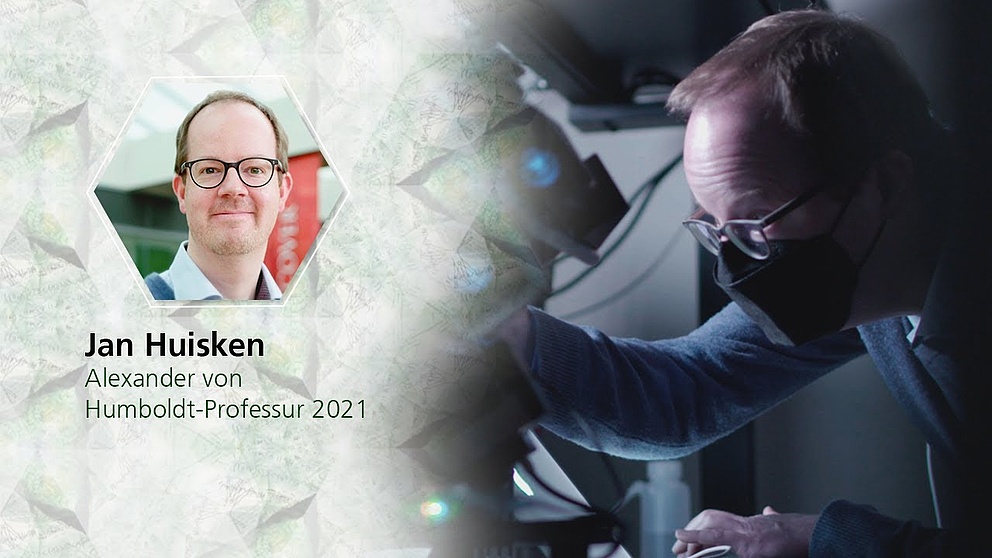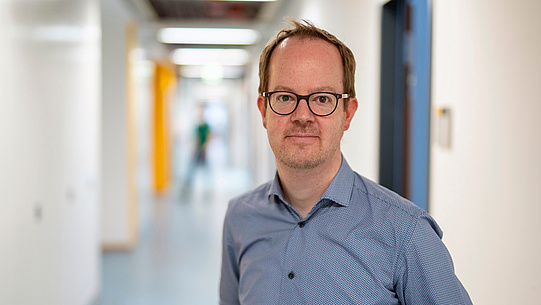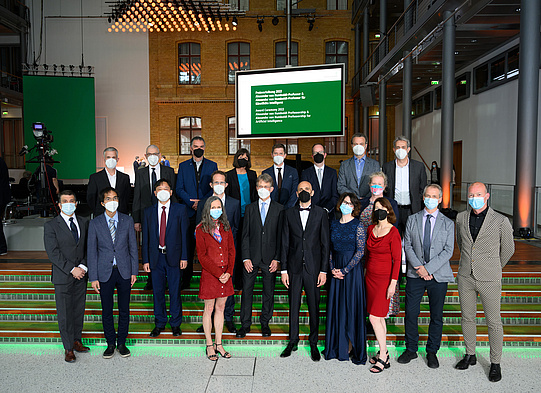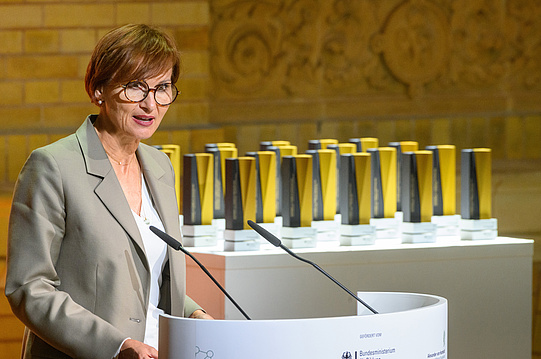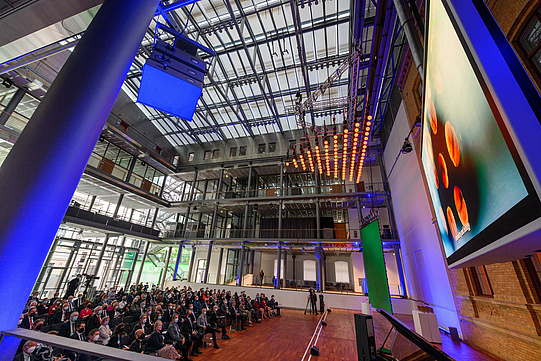Jump to the content
- {{#headlines}}
- {{title}} {{/headlines}}

Contact
Press, Communications and Marketing
Tel.: +49 228 833-144
Fax: +49 228 833-441
presse[at]avh.de
Medical engineering
Jan Huisken has developed microscopy techniques that facilitate the capture of living cells, such as three-dimensional time-lapse images of the fruit fly Drosophila or zebrafish, in early stages of development. Images like this can reveal how developmental processes occur in the body: cell by cell, step by step, whether in the nervous system or the heart. This kind of microscopy helps us to comprehend how tissue evolves from individual cells. Apart from visualising the tiniest molecules in the cells themselves, microscopy on this scale is crucial for understanding biological processes.
Having worked for years at the intersection of biology and physics, Jan Huisken’s research can also build bridges between the life sciences, developments in IT and physics. He advocates an open science approach and supports networks for the free use of special microscopy platforms.
At the University of Göttingen, Jan Huisken’s Humboldt Professorship will reinforce the existing, internationally renowned research focus on imaging in biology. The university is already connected to several Max Planck Institutes and other research institutions in this field and also cooperates with the Nobel laureate Stefan Hell.
Brief bio
Born in Germany, Professor Dr Jan Huisken has been director of Medical Engineering at Morgridge Institute for Research and Visiting Professor at the University of Wisconsin-Madison, United States, since 2016. He joined EMBL in Heidelberg as a doctoral researcher in 2000 and completed his doctorate in physics at the University of Freiburg in 2004. Huisken then worked as a postdoc at the University of California, San Francisco, United States. Back in Germany from 2010 to 2016, he became a research group leader at the MPI of Molecular Cell Biology and Genetics and was awarded an ERC Consolidator Grant in 2015. He has also received awards from the British Royal Microscopical Society, the US National Institutes of Health and the 2020 Lennart Nilsson Award. In October 2021 he took up his position as a Humboldt Professor at the University of Göttingen.
Photos and videos
